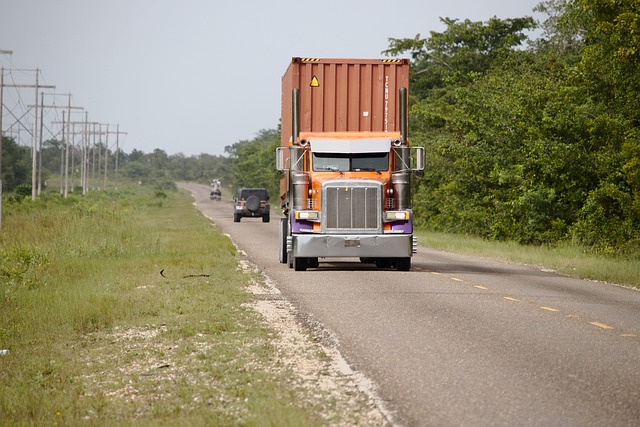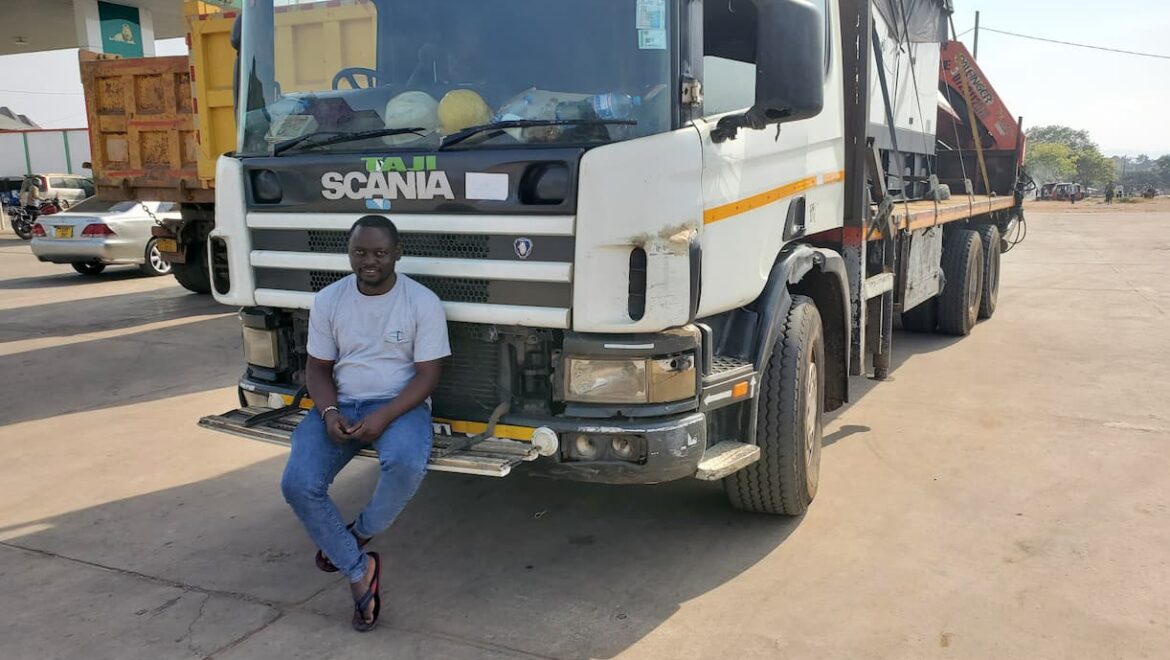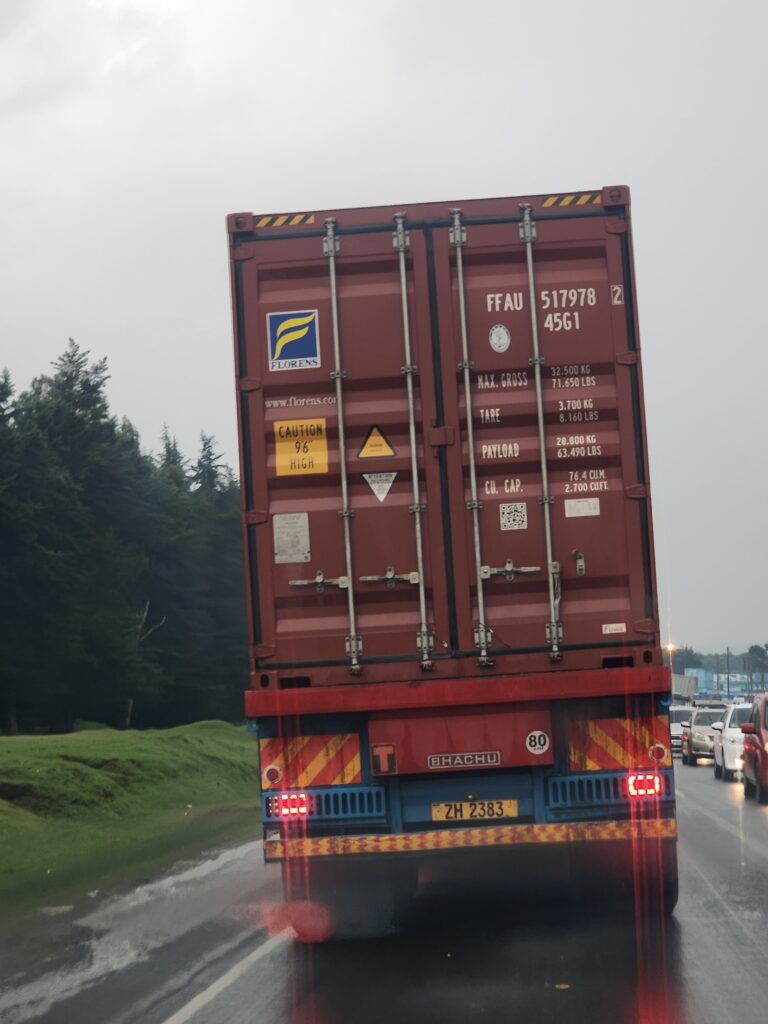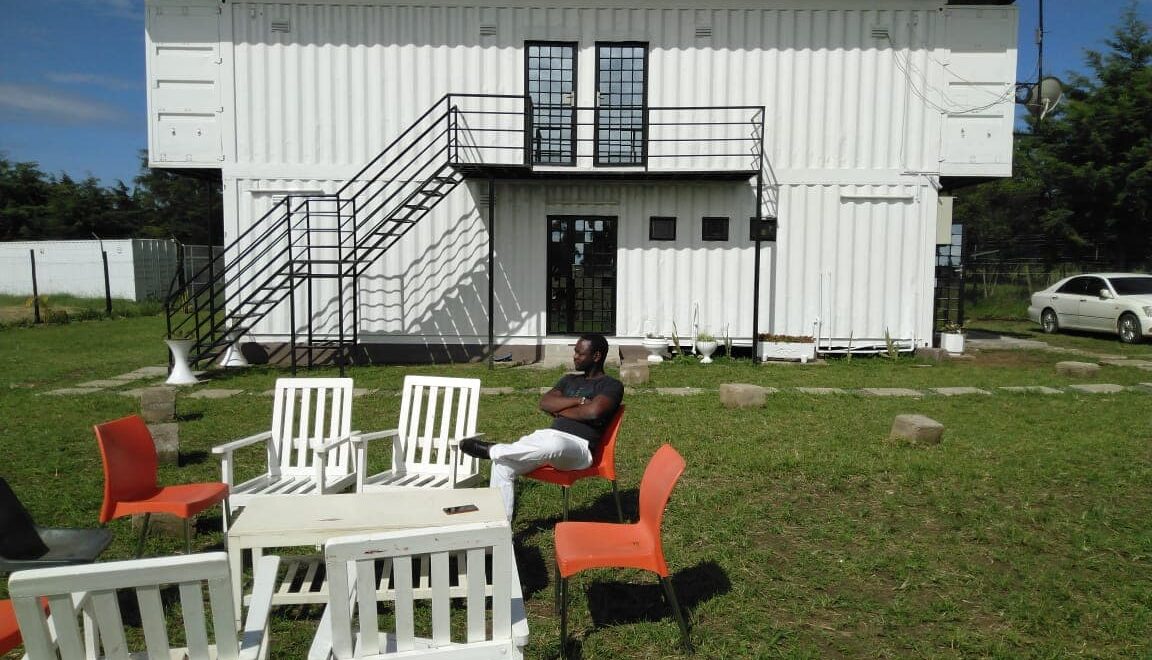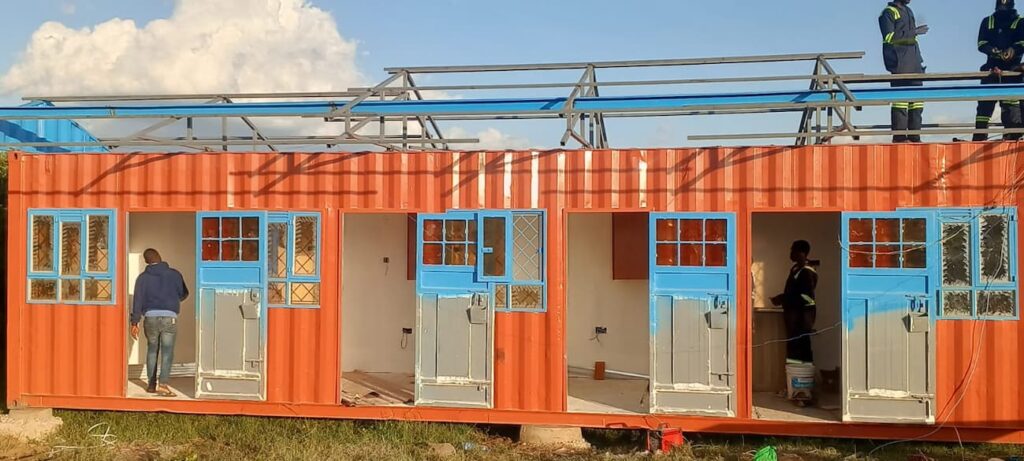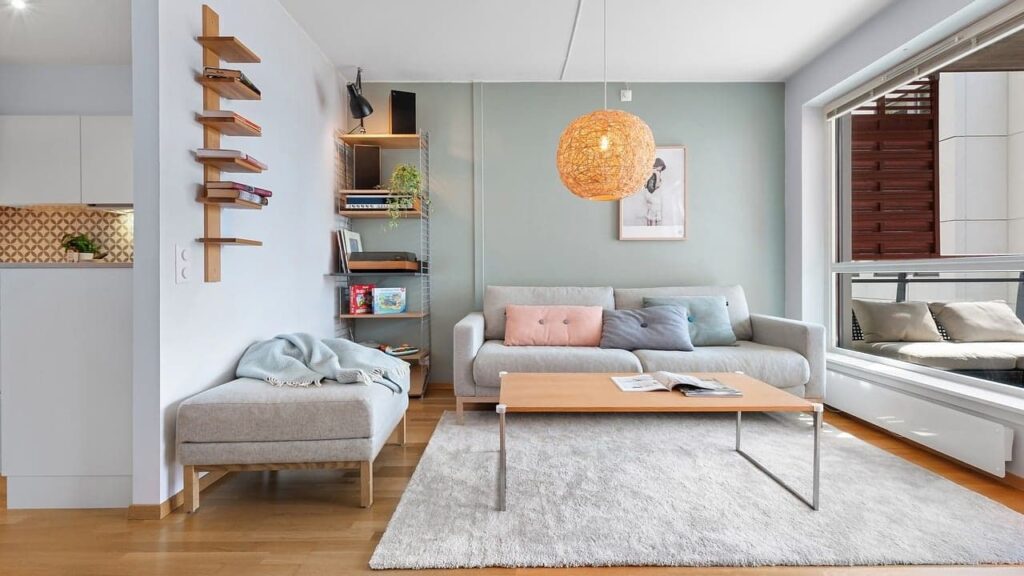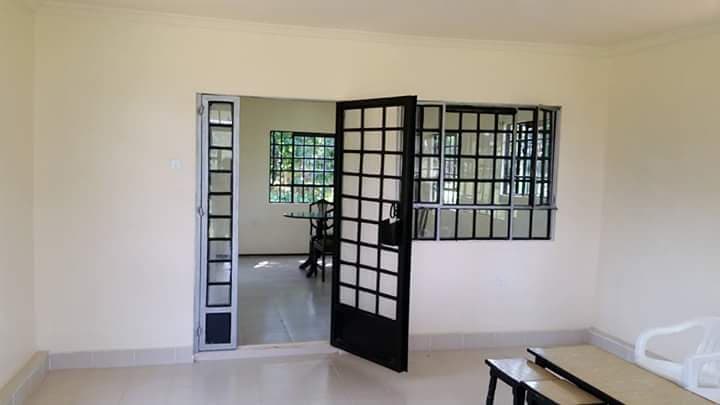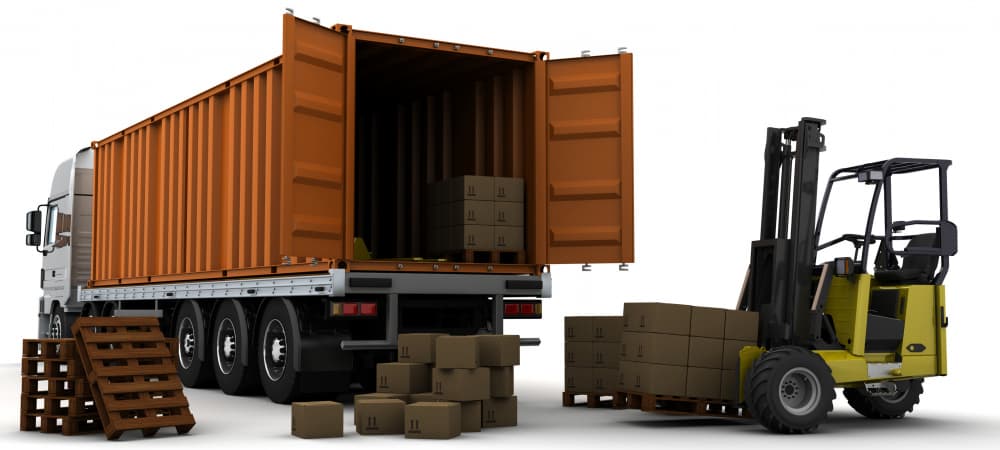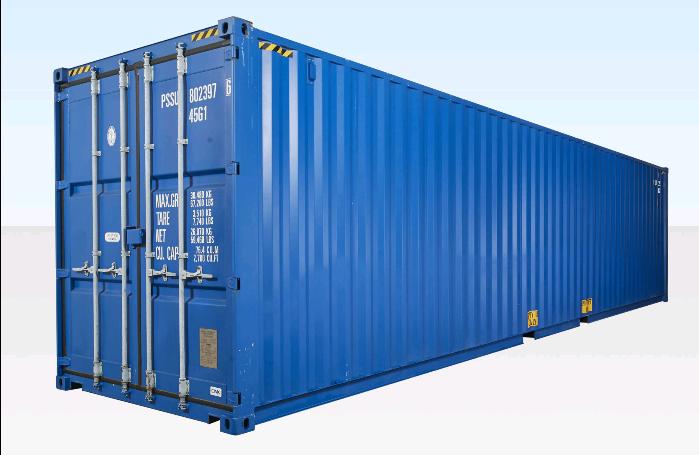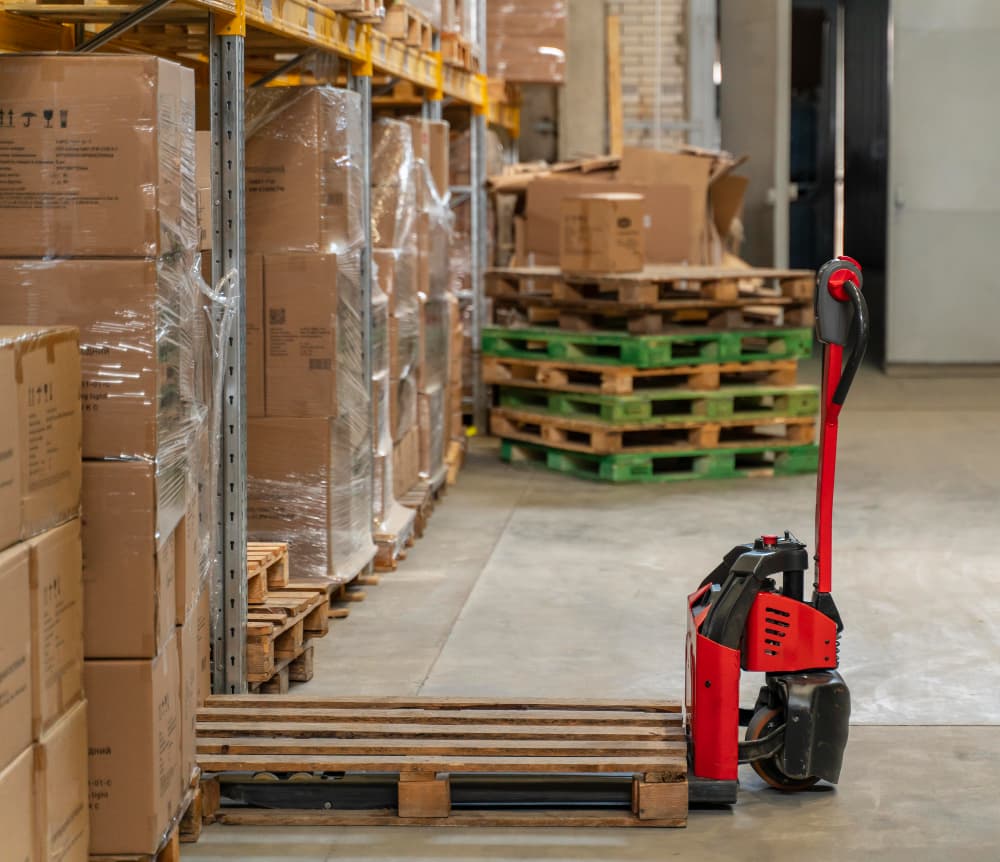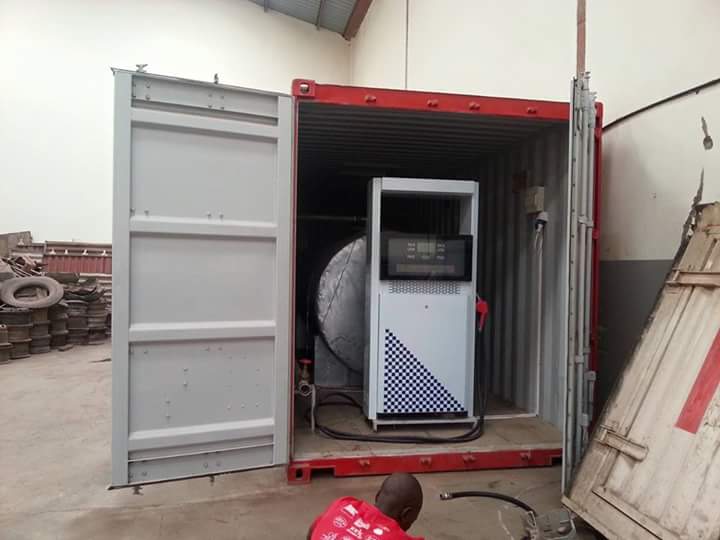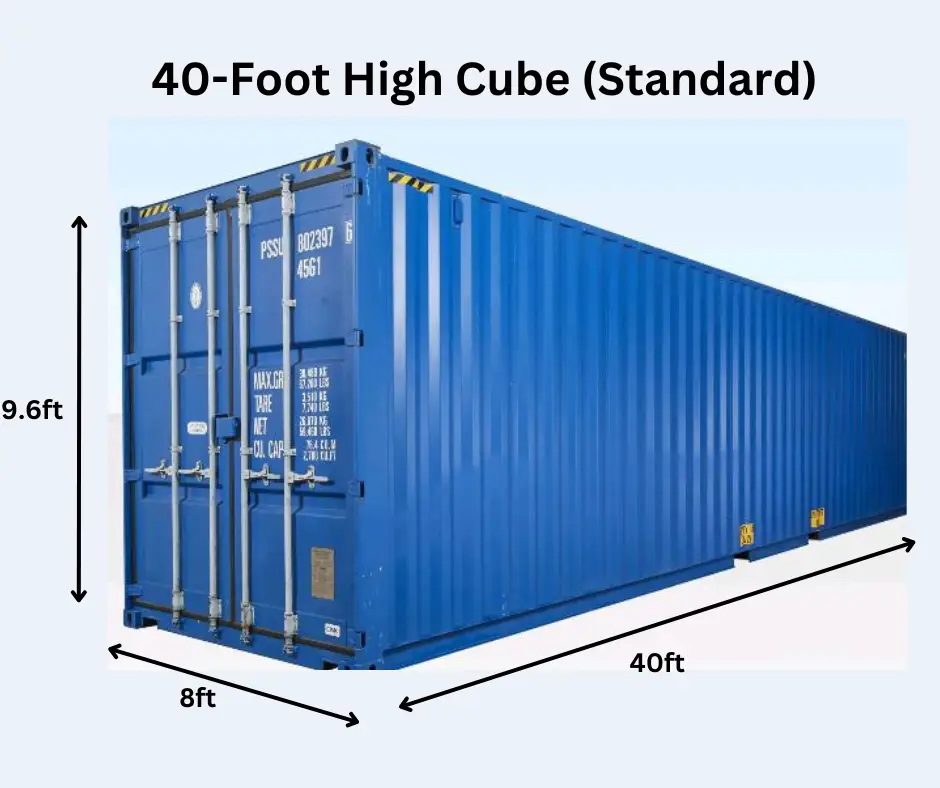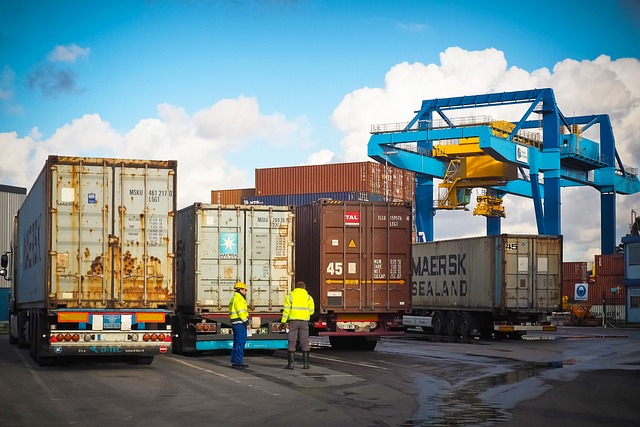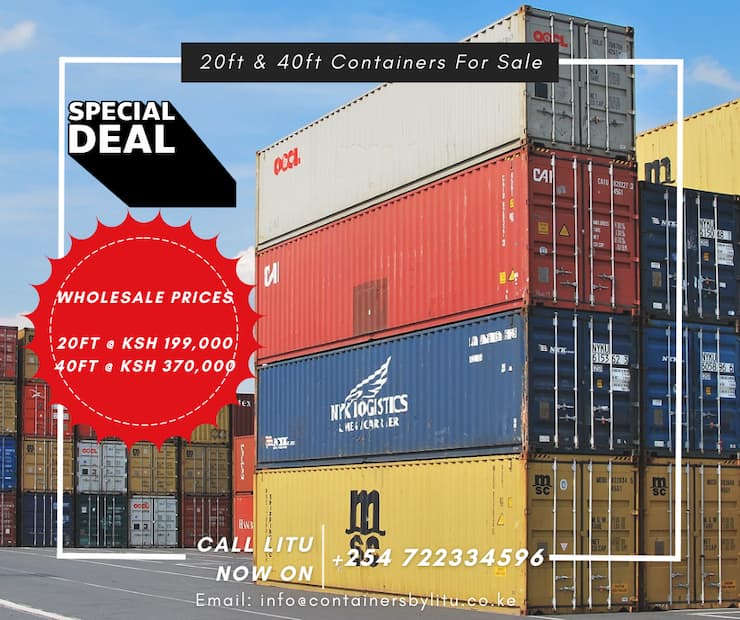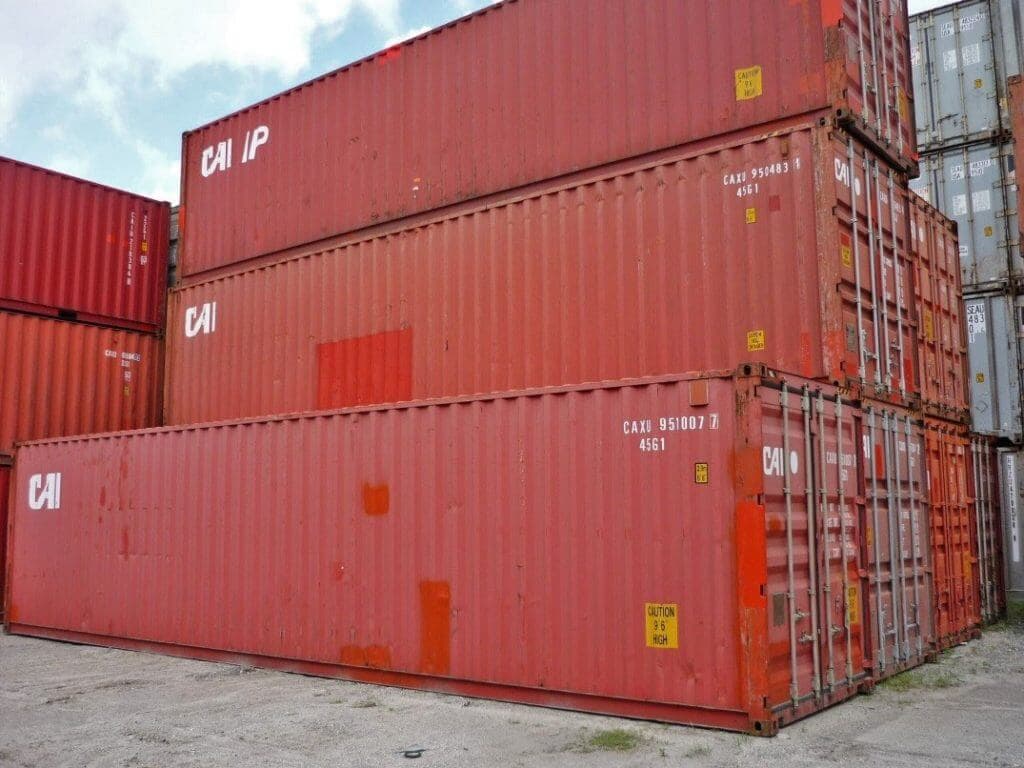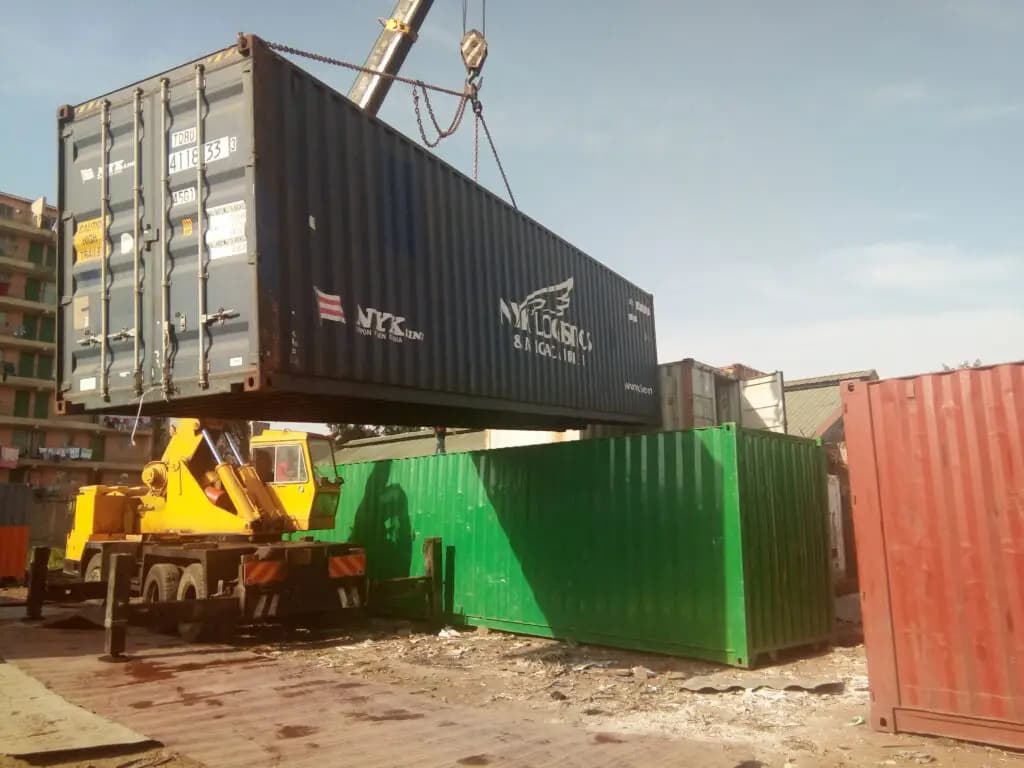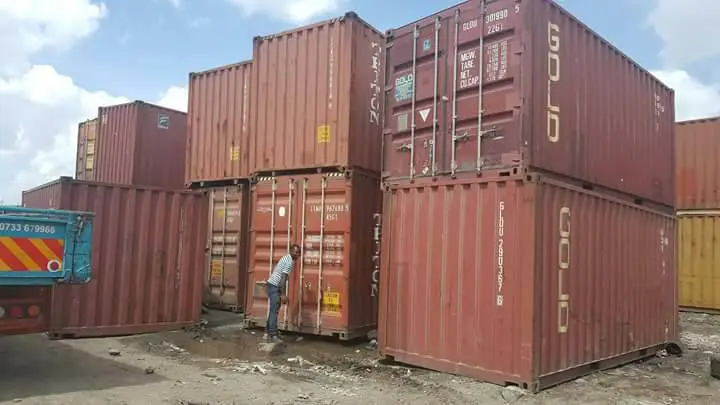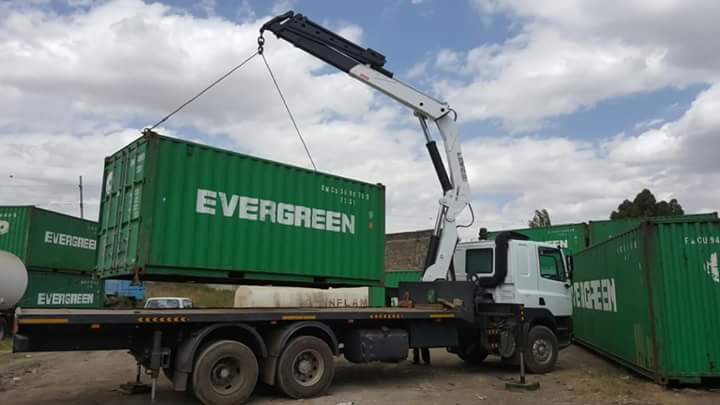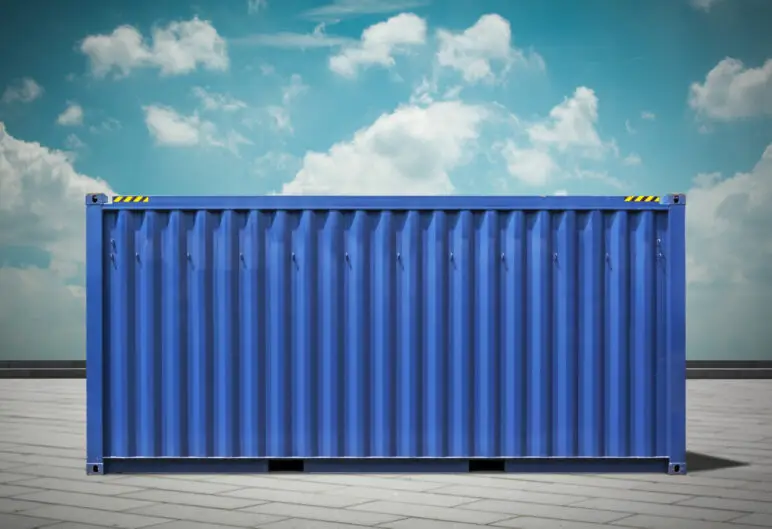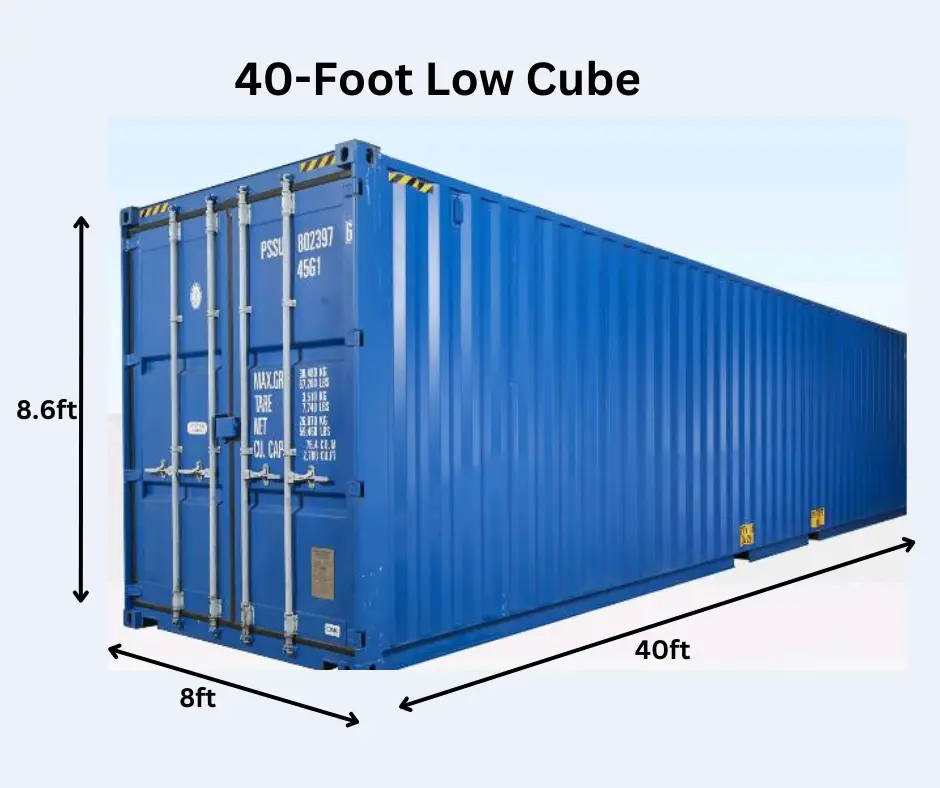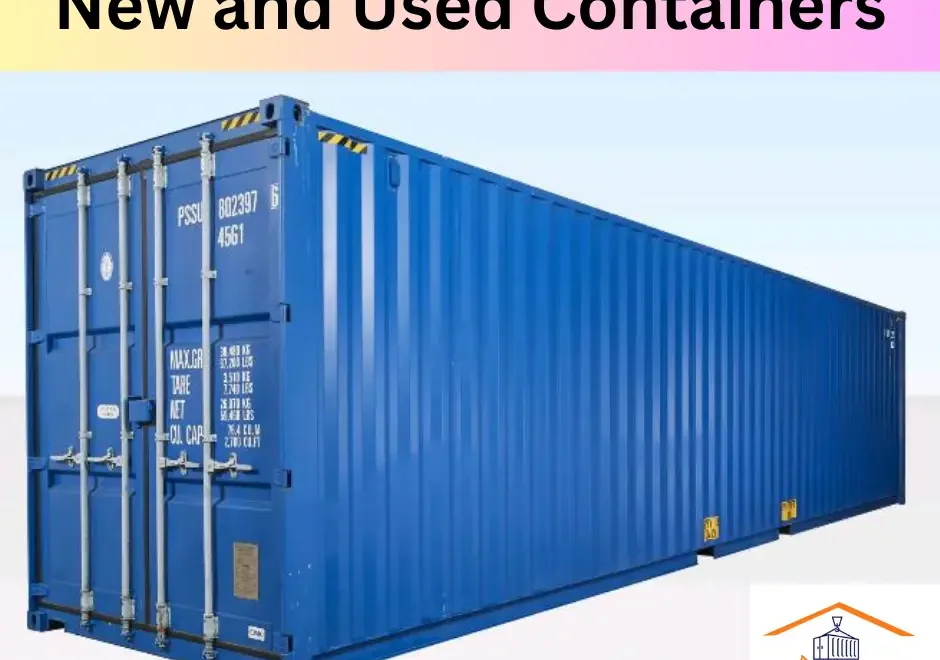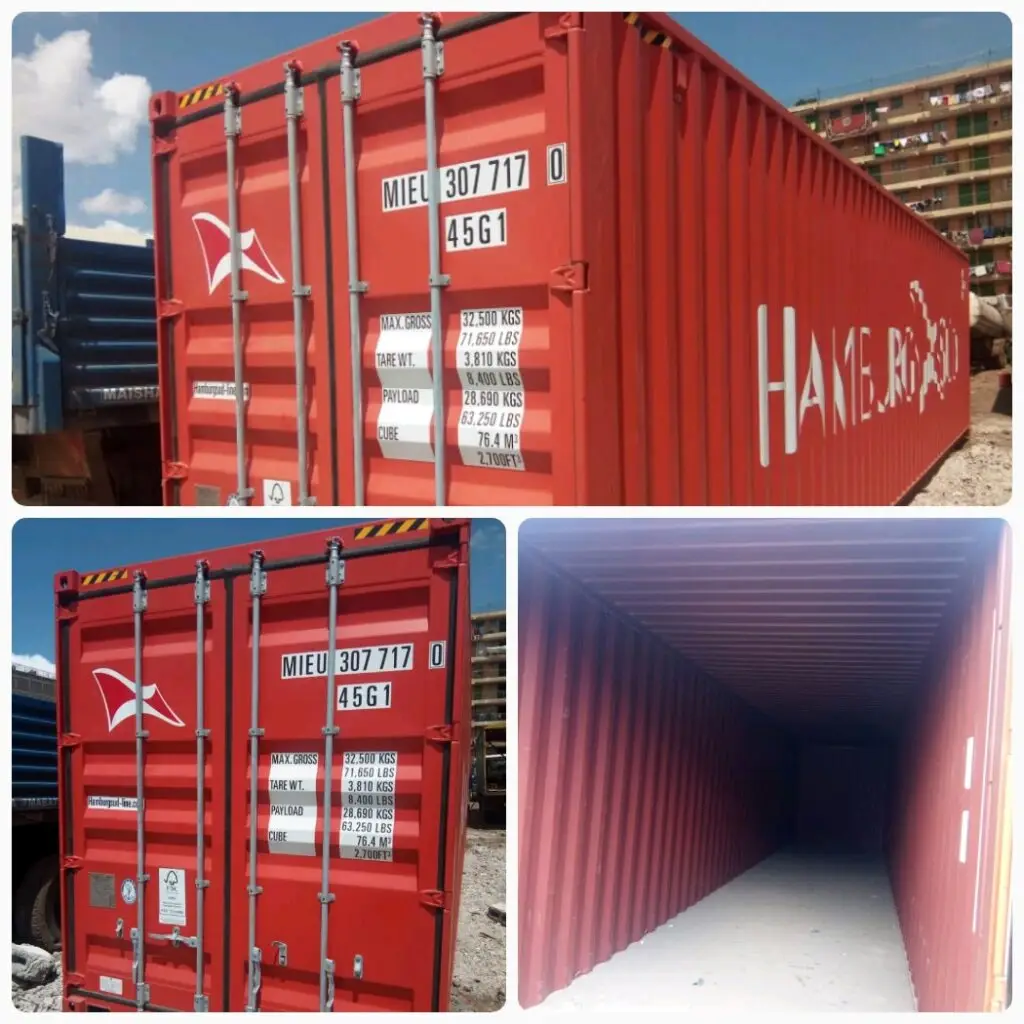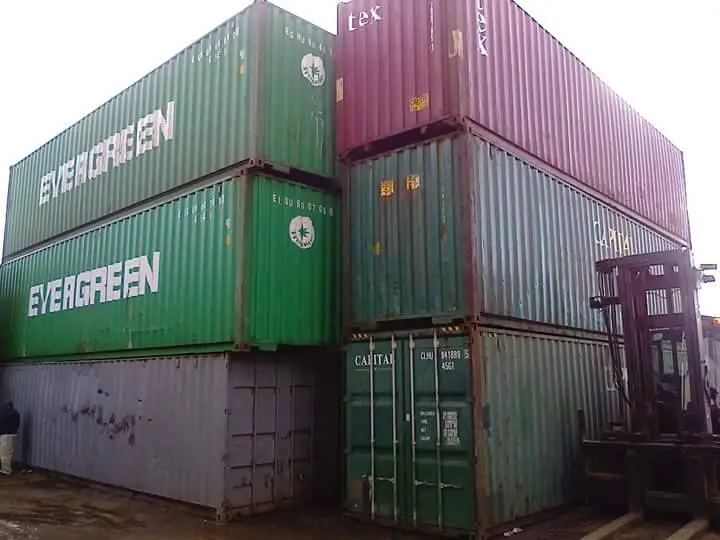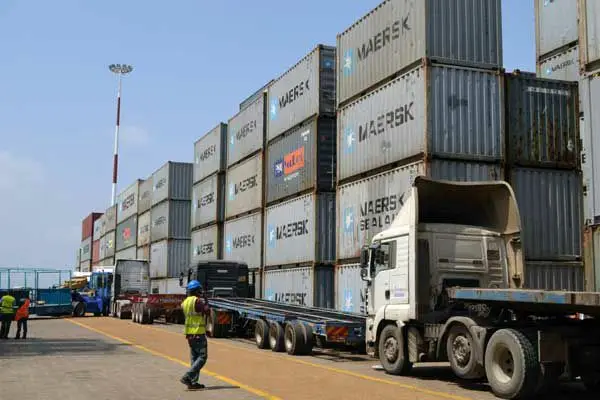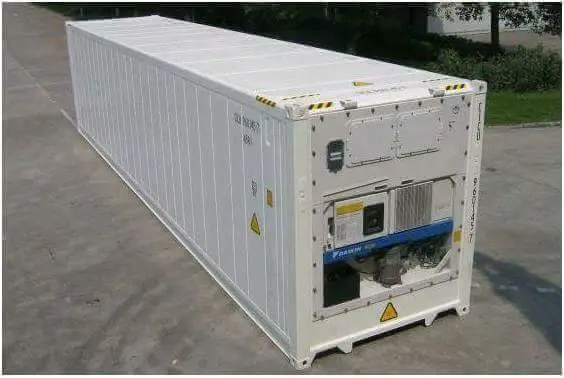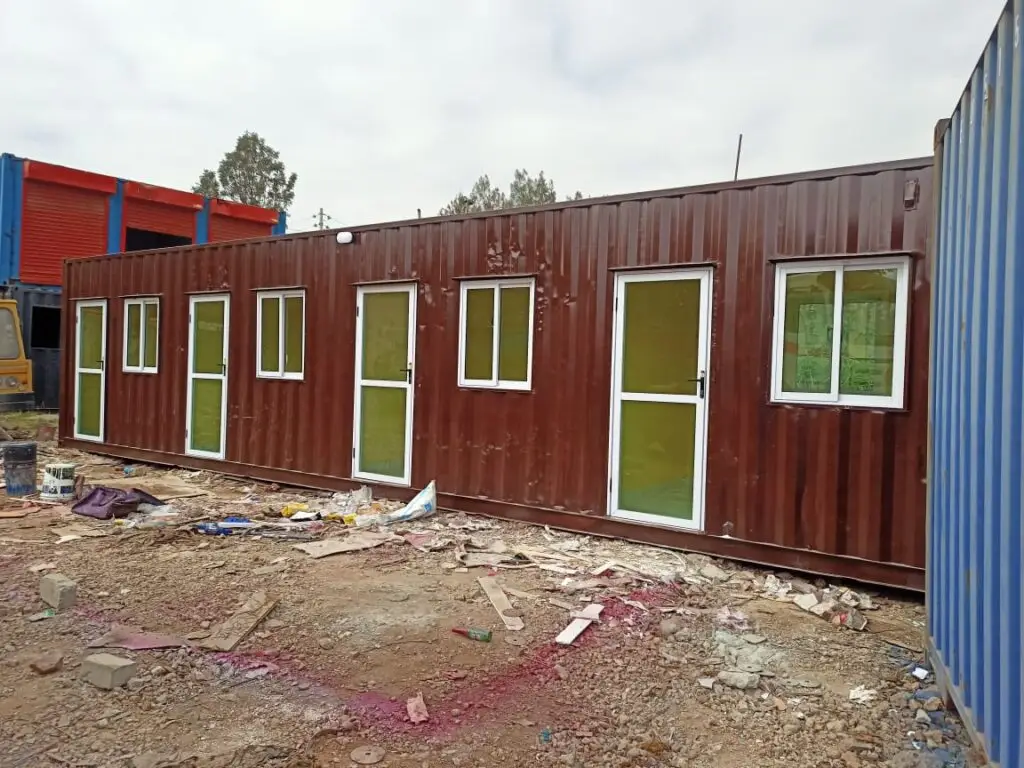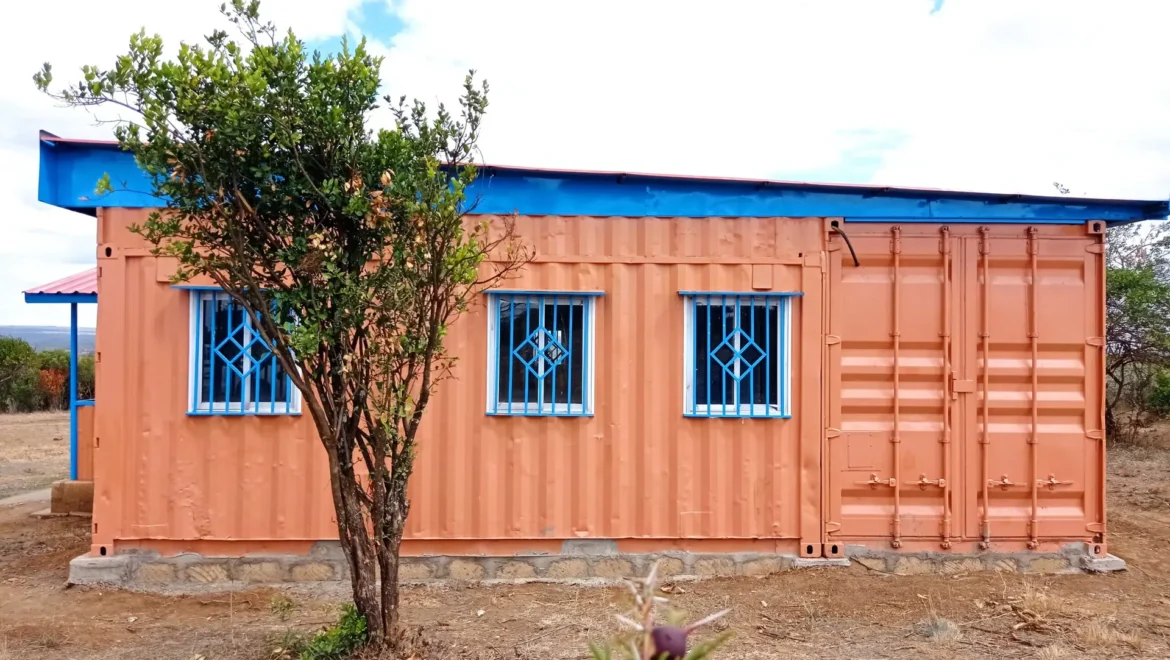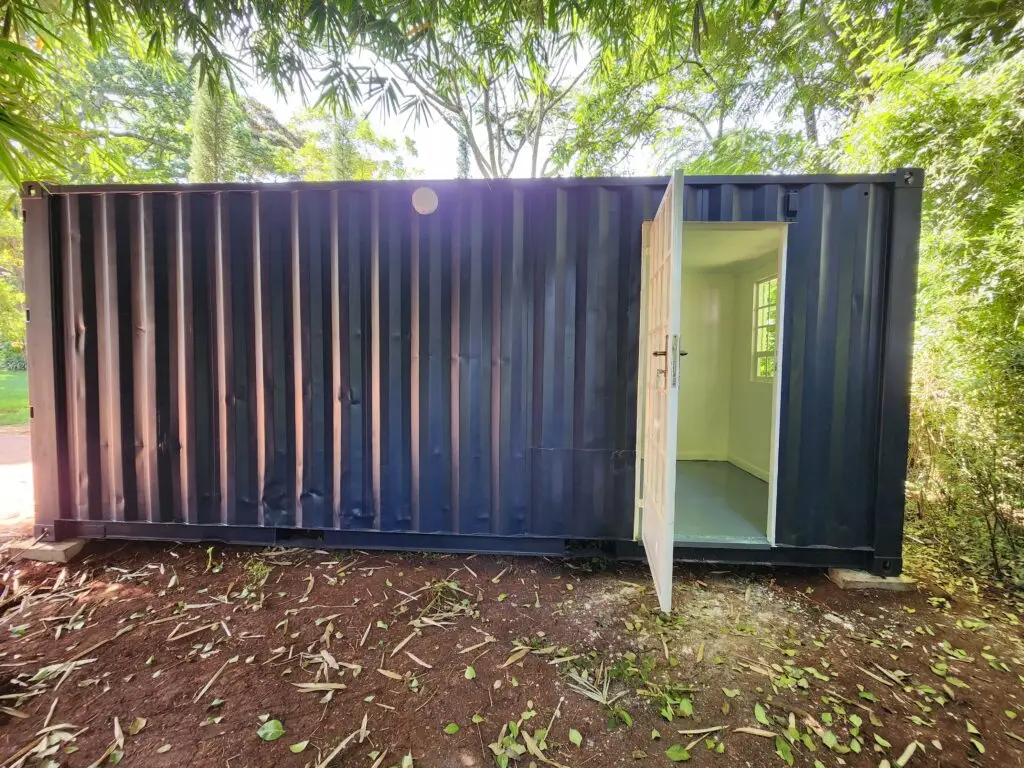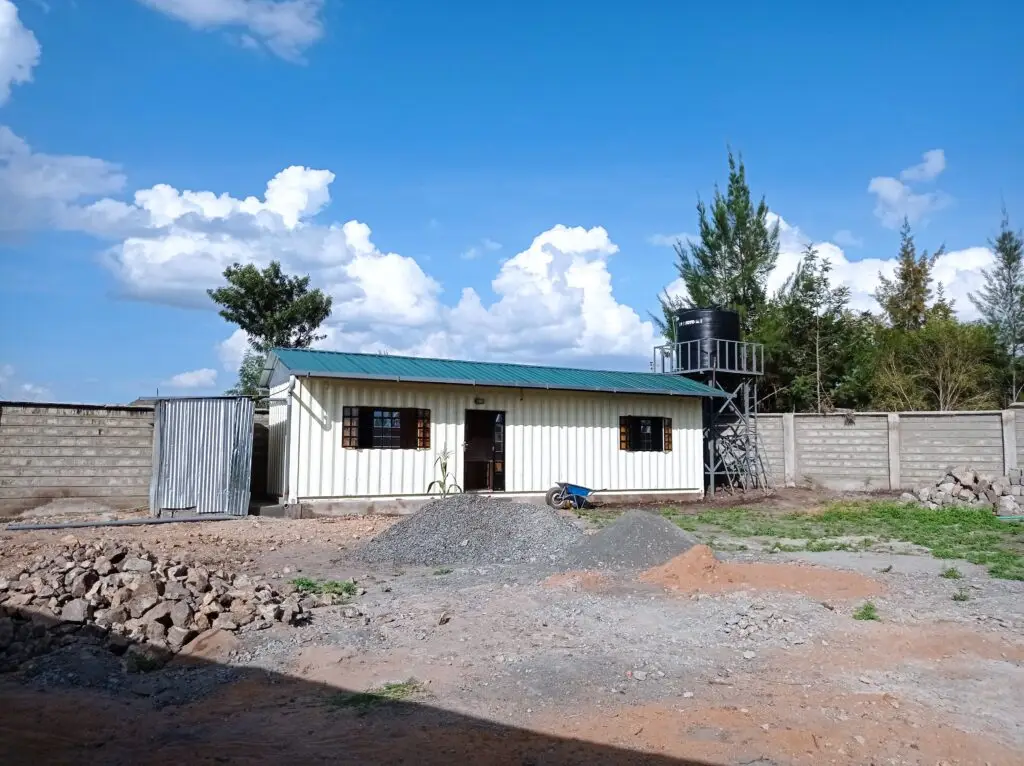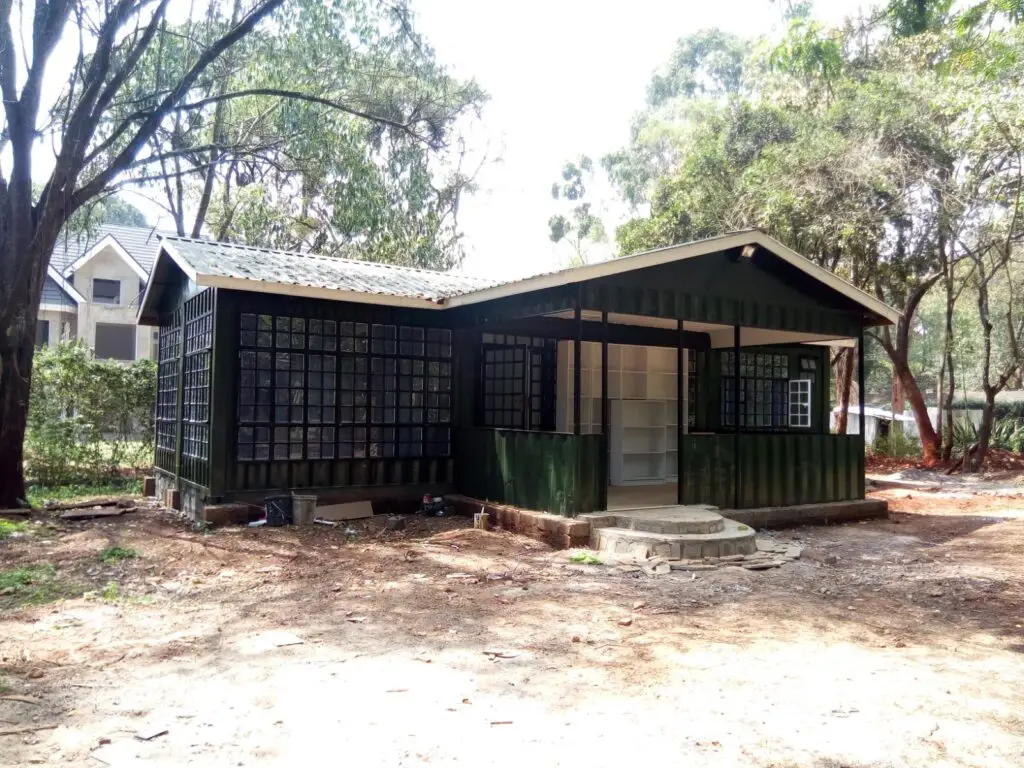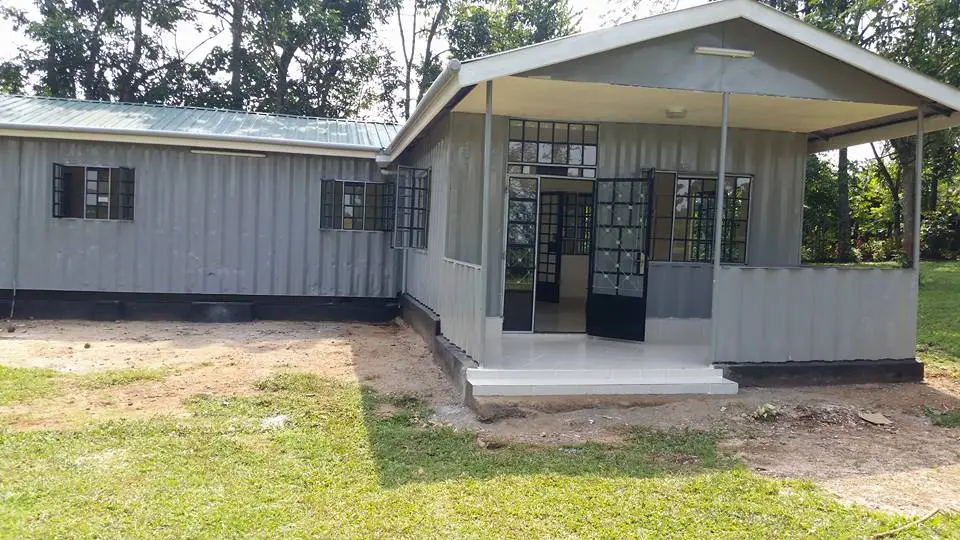Cost of Transporting a 20ft Container from Mombasa to Nairobi
After looking at how much it costs to transport an empty container from Mombasa to Nairobi in our previous article here, it’s only fair to also break down the same for a 20ft container.
Transporting a 20ft container from Mombasa to Nairobi offers two primary modes of transport: road and rail via the Standard Gauge Railway (SGR).
The choice between these options depends on factors such as cost, convenience, and delivery needs. On average, transporting an empty 20ft container from Mombasa to Nairobi costs KES 50,000–65,000 by road and KES 40,000–50,000 by rail.
In this article, we’ll break down the costs, compare the available transport options, and provide useful tips to optimize your logistics.
Let’s Do The Cost Breakdown
Transporting a 20ft container involves multiple components that influence the overall cost. Here’s a summary of typical expenses:
| Cost Component | Road Transport | Rail Transport (SGR) |
|---|---|---|
| Base Transport Fee | KES 50,000–65,000 | KES 40,000–50,000 |
| Loading/Unloading Charges | KES 3,000–6,000 | KES 3,000–6,000 |
| Customs Clearance | KES 10,000–20,000 | KES 10,000–20,000 |
| Last-Mile Delivery (if needed) | N/A | KES 8,000–15,000 |
| Insurance (Optional) | KES 1,500–3,000 | KES 1,500–3,000 |
| Total Estimated Cost | KES 64,500–94,000 | KES 54,500–94,000 |
Modes of Transport from Mombasa to Nairobi
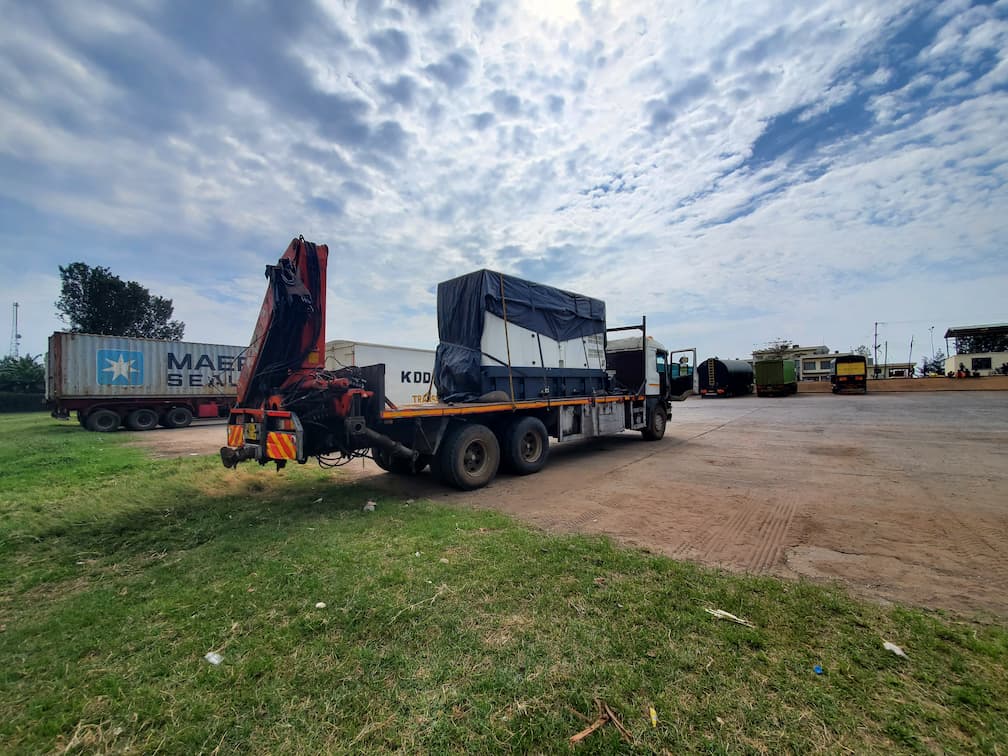
When transporting a 20ft container, you can choose between road transport and rail (via the SGR).
Road Transport
Road transport offers flexibility and convenience, making it an excellent option for door-to-door delivery. It is particularly useful for destinations far from the Nairobi Inland Container Depot (ICD), bypassing additional trucking costs. However, road transport may cost slightly more due to fuel surcharges and road tolls.
Rail Transport (SGR)
Rail transport is an economical choice, especially for bulk shipments. Containers are delivered to the Nairobi ICD, where they can be collected or transported further via road.
While cheaper, rail transport may involve extra handling and last-mile delivery costs for destinations beyond the ICD.
Key Factors Influencing Costs
- Container Size and Weight
A 20ft container is smaller and lighter than a 40ft container, reducing transportation costs. However, fully loaded containers may incur additional charges for weight. - Distance to the Final Destination
Locations far from the ICD require additional trucking fees, increasing overall costs. - Customs and Duties
Any required clearance at the port or ICD adds to the expense. - Urgency
Expedited delivery options, especially via road, often come with premium rates.
Comparing Road vs. Rail Transport
Cost Comparison
| Aspect | Road Transport | Rail Transport (SGR) |
|---|---|---|
| Cost | Higher | Lower |
| Flexibility | High | Moderate |
| Delivery Speed | Fast | Moderate |
| Environmental Impact | Higher emissions | Lower emissions |
| Last-Mile Delivery Fees | Included | Additional |
Pros and Cons
Road Transport
- Pros: Direct delivery, no need for additional trucking.
- Cons: Higher costs, potential delays due to traffic or road conditions.
Rail Transport
- Pros: Cost-effective, environmentally friendly for bulk shipments.
- Cons: Requires additional logistics for last-mile delivery, limited scheduling flexibility.
Are There Additional Charges?
Yes, there are potential additional fees, such as:
- Customs Clearance: Charges for clearing the container at Mombasa Port or Nairobi ICD.
- Storage Fees: Costs for containers left at the port or ICD beyond the allowed free period.
- Insurance: Optional but recommended for valuable or fragile cargo.
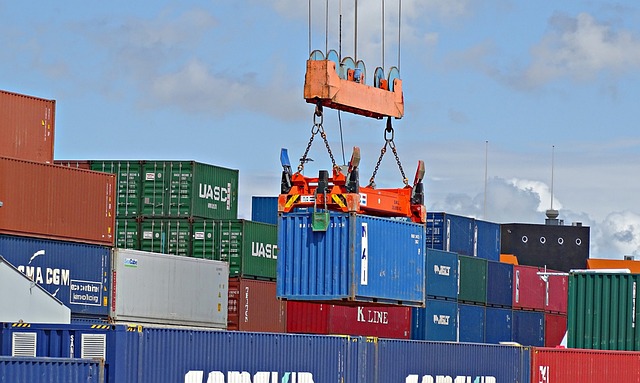
Tips for Reducing Transportation Costs
- Consolidate Shipments
Combine multiple shipments to save on logistics and delivery costs. - Book Early
Securing transport services in advance can help lock in lower rates. - Negotiate Discounts
For businesses transporting containers frequently, bulk discounts are often available. - Work with Trusted Providers
Partnering with experienced logistics companies ensures competitive pricing and reliable services.
Read Also: Cost of Transporting a 40ft Container from Mombasa to Nairobi
Why Choose Containers by Litu?
At Containers by Litu, we provide efficient and affordable transportation services for 20ft containers from Mombasa to Nairobi. With a reputation for reliability and excellent customer service, we ensure your cargo arrives safely and on time.
Contact us today for a customized quote and professional logistics support for all your container needs!


